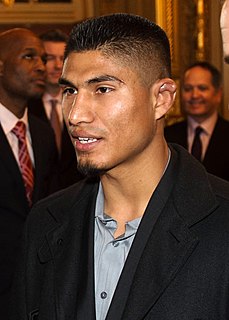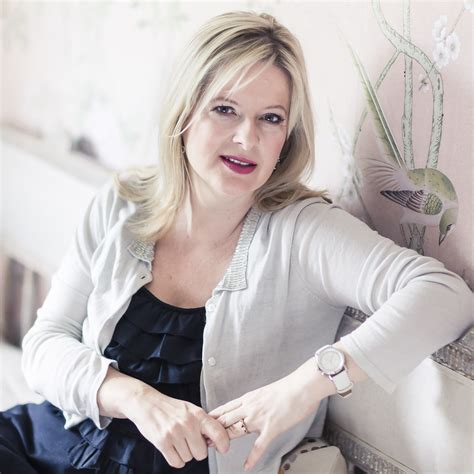A Quote by Huston Smith
When I read the Upanishads, which are part of Vedanta, I found a profundity of worldview that made my Christianity seem like third grade.
Quote Topics
Related Quotes
I was sort of traumatized by girls in the third grade. Because there was a girl in my third grade class I had a crush on. I bought her a box of Valentine's Day chocolate. And I put it in her cubby with a note that said something like, 'I am deeply in love with you, Your Secret Admirer.' And I didn't sign my name.
I was sort of traumatized by girls in the third grade. Because there was a girl in my third grade class I had a crush on. I bought her a box of Valentine's Day chocolate. And I put it in her cubby with a note that said something like, "I am deeply in love with you, Your Secret Admirer." And I didn't sign my name.
The intellectual part of religion is a private affair between every man and his Maker, and in which no third party has any right to interfere. The practical part consists in our doing good to each other. But since religion has been made into a trade, the practical part has been made to consist of ceremonies performed by men called priests ... By devices of this kind true religion has been banished, and such means have been found out to extract money, even from the pockets of the poor, instead of contributing to their relief.
The first book by an African American I read was Carl T. Rowan's memoir, Go South to Sorrow. I found it on the bookshelf at the back of my fifth-grade classroom, an adult book. I can remember the quality of the morning on which I read. It was a sunlit morning in January, a Saturday morning, cold, high, empty. I sat in a rectangle of sunlight, near the grate of the floor heater in the yellow bedroom. And as I read, I became aware of warmth and comfort and optimism. I was made aware of my comfort by the knowledge that others were not, are not, comforted. Carl Rowan at my age was not comforted.
Let us remember that every worldview-not just Christianity's-must give an explanation or an answer for evil and suffering...this is not just a problem distinctive to Christianity. It will not do for the challenger just to raise the question. This problem of evil is one to which we all must offer an answer, regardless of the belief system to which we subscribe.
If we are always reading aloud something that is more difficult than children can read themselves then when they come to that book later, or books like that, they will be able to read them - which is why even a fifth grade teacher, even a tenth grade teacher, should still be reading to children aloud. There is always something that is too intractable for kids to read on their own.
Children, of course, don't understand at first that they are being cheated. They come to school with a degree of faith and optimism, and they often seem to thrive during the first few years. It is sometimes not until the third grade that their teachers start to see the warning signs of failure. By the fourth grade many children see it too.






































